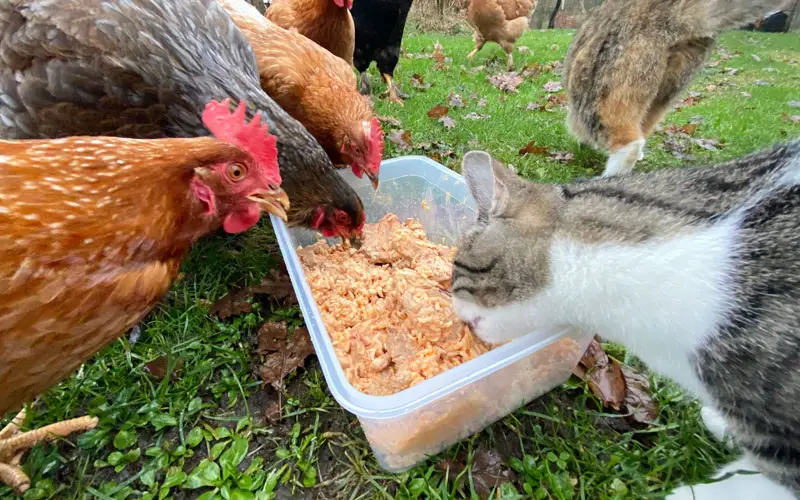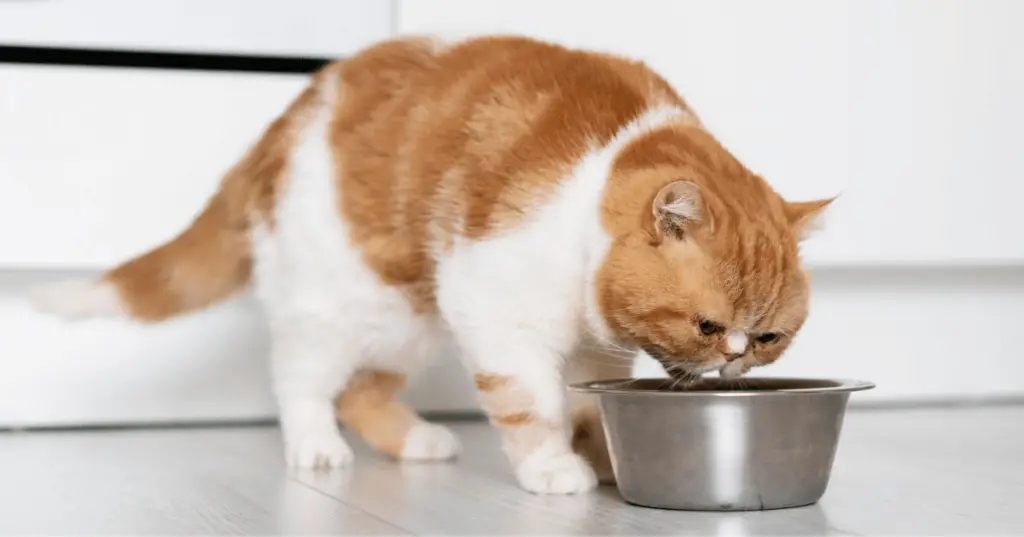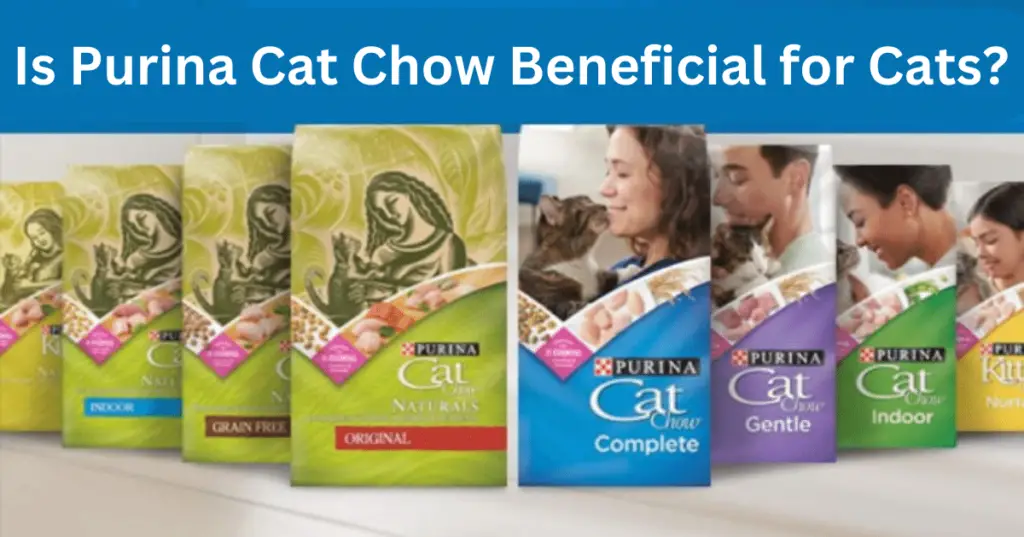Can Chickens Eat Cat Food
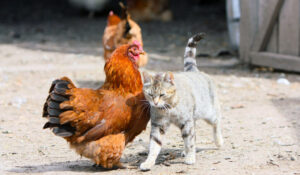
Chickens, those delightful and omnivorous creatures, have a knack for finding their next snack just about anywhere. As a chicken owner, you might wonder about the diverse range of foods you can offer your feathered friends. One question that often pops up is can chickens eat cat food. Well, the short answer is yes, chickens can eat cat food. However, as with any dietary choice, there are a few key things to keep in mind when deciding whether to include cat food in your chickens’ diet.
- A Protein Boost for Your Chickens
One of the most compelling reasons to consider adding cat food to your chickens’ diet is the substantial protein content. Chickens require a protein-rich diet to support proper growth and egg production. Cat food is jam-packed with protein, making it an excellent source to provide your chickens with an occasional protein boost. Think of it as an extra-special treat that also contributes to their overall health and wellbeing.
- Irresistibly Tasty and Nutritious
Chickens find cat food rather scrumptious. Watch as they peck away at it with enthusiasm. Moreover, cat food is not only delicious but also quite nutritious. This combination of taste and nutritional value makes it an attractive option for treating your chickens. Remember that moderation is essential – while your chickens may enjoy it, cat food should be offered in limited quantities. Overindulgence can lead to overfeeding and an imbalanced diet.
- Crumble It Up
When you decide to introduce cat food to your chickens, it’s advisable to opt for cat food in crumble or pellet form. Dry cat food in crumble form is more manageable for chickens to eat, reducing the likelihood of making a mess. In contrast, wet cat food can become gooey and messy. Chickens may not find it as appealing, and it can also create an unsightly cleanup for you.
- Moderation is Key
While cat food can be a tasty and nutritious treat for your chickens, don’t go overboard. Limit the quantity to ensure it remains a special treat rather than a substantial part of their diet. Offering an occasional handful of cat food is usually more than enough.
- Watch for Allergies
Chickens, like humans, can exhibit signs of allergies to certain foods. Some chickens may not react well to specific ingredients commonly found in cat food. Therefore, it’s vital to pay close attention to how your chickens react after eating cat food. If you notice any signs of allergies or digestive issues, such as diarrhea or unusual behavior, it’s best to discontinue feeding them cat food. Safety and well-being always come first.
- Cat Food Complements a Balanced Diet
Cat food should not be a replacement for a balanced chicken diet. Chickens require a combination of grains, greens, and protein sources to stay healthy. While cat food can serve as a supplement, it should not be the primary source of their nutrition. A balanced diet is essential to ensure your chickens receive the nutrients they need to thrive.
- Balanced Feeding Schedule
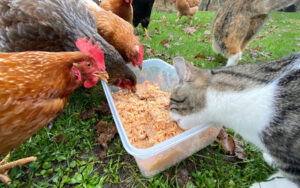
Establishing a balanced feeding schedule is beneficial for your chickens’ health. If you choose to incorporate cat food into their diet, do so as part of a broader feeding routine that includes various foods. By providing a well-rounded diet, you can help your chickens remain healthy and active.
- c
The health and well-being of your chickens should always be a top priority. Regularly monitor their condition, behavior, and egg production. If your chickens appear healthy and continue to lay eggs consistently, you are likely to provide a well-rounded diet.
- Secure Cat Food Storage
If you store cat food near your chicken coop, ensure it’s stored securely in a container with a tightly sealed lid. Proper storage is essential to prevent attracting unwanted pests or rodents that might harm your chickens.
- Choose Cat Food Wisely
Not all cat foods are created equal. Some are higher in protein, while others contain more fillers and carbohydrates. If you’re considering offering cat food to your chickens, opt for high-quality cat food with a significant protein content. The better the quality, the more it benefits your chickens.
- Protein Benefits for Growing Chicks
Chicks, in particular, can benefit from the additional protein found in cat food. While their primary source of nutrition should be chick starter feed, offering small amounts of crushed cat food to young chicks can be beneficial during their rapid growth phases. It provides them with essential nutrients for feather development and muscle growth.
- Extra Nutrients for Laying Hens
Laying hens have increased protein requirements to support egg production. Cat food can serve as an excellent supplement to meet these heightened protein needs. By occasionally offering cat food to your laying hens, you can assist them in producing healthier and more robust eggs.
- Cat Food Varieties
Cat food comes in various formulations, including dry kibble, canned wet food, and specialty recipes. If you choose to provide cat food to your chickens, consider the type that best suits your flock. Dry cat food is more convenient, while wet cat food can be messier. Some cat foods may have added vitamins and minerals, making them a particularly nutritious choice for your chickens.
- Complementary to Insect Foraging
Chickens are natural foragers and love to hunt for insects, worms, and other small critters. While these foraging activities provide essential dietary components, cat food can complement their diet by offering a different source of protein. This variety in their diet can keep chickens engaged and interested in their food.
- Ensure No Harmful Additives
When choosing cat food for your chickens, be cautious of additives that might not be suitable for them. Some cat food brands include artificial preservatives, flavor enhancers, or coloring. These additives may not be appropriate for your chickens. Opt for cat food with minimal additives and a simple ingredient list.
Chickens can enjoy cat food as an occasional treat, providing them with an extra protein boost while offering a delightful change of pace. However, cat food should not replace their regular chicken feed. Ensure it remains a supplementary treat, offering them a well-balanced diet with a combination of grains, greens, and other protein sources. Be vigilant in monitoring your chickens’ health and behavior, as their well-being should always be a top priority.

